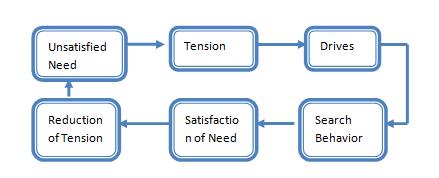The essence of the management process is decision-making. Decision making is an unavoidable and continuous management activity. It may be directed towards some specific objectives, or it may result as a reaction of environmental factors as they occur. The decision-making process should be both efficient and effective. It would be effective when management’s objectives are achieved. It is said to be efficient when objectives are realized with the minimum use of resources. The process of decision-making involves two basic management functions of planning and control.
Planning Function of ManagementThe decision-making process starts with planning. Planning is a statement of what should be done, how it should be done and when it should be done.… Read the rest




